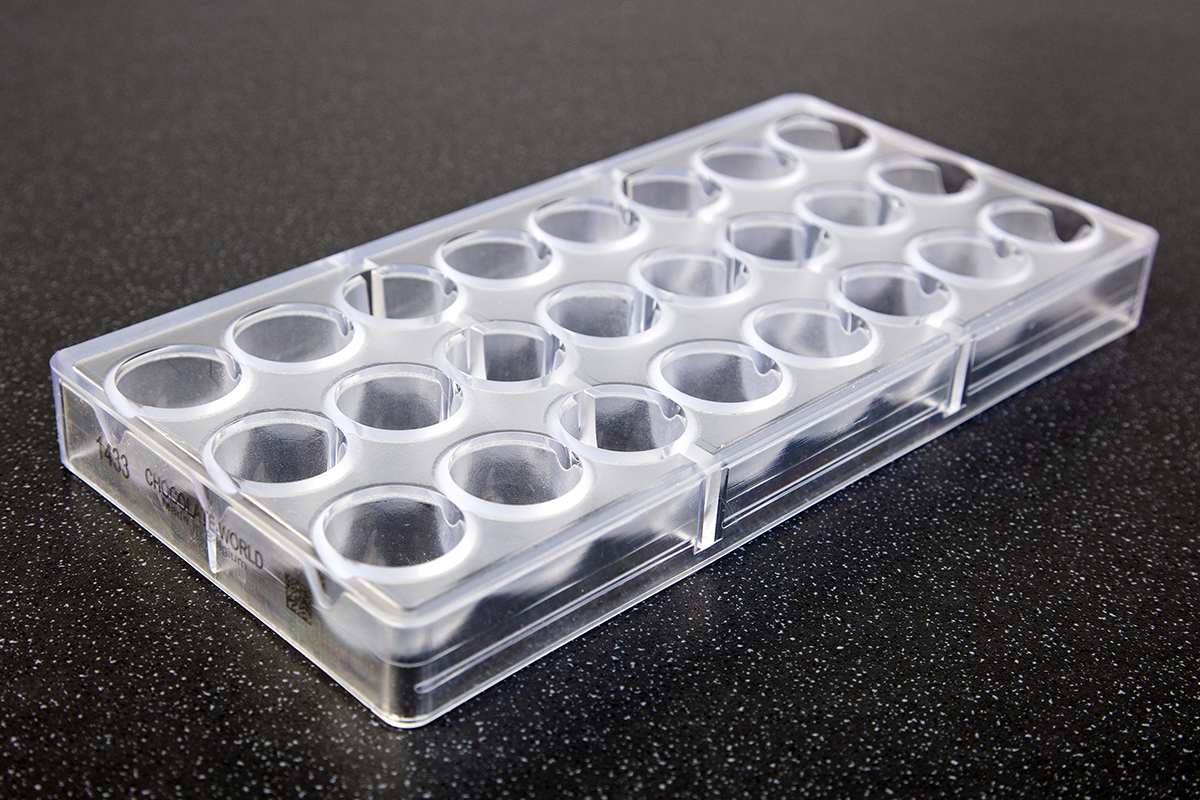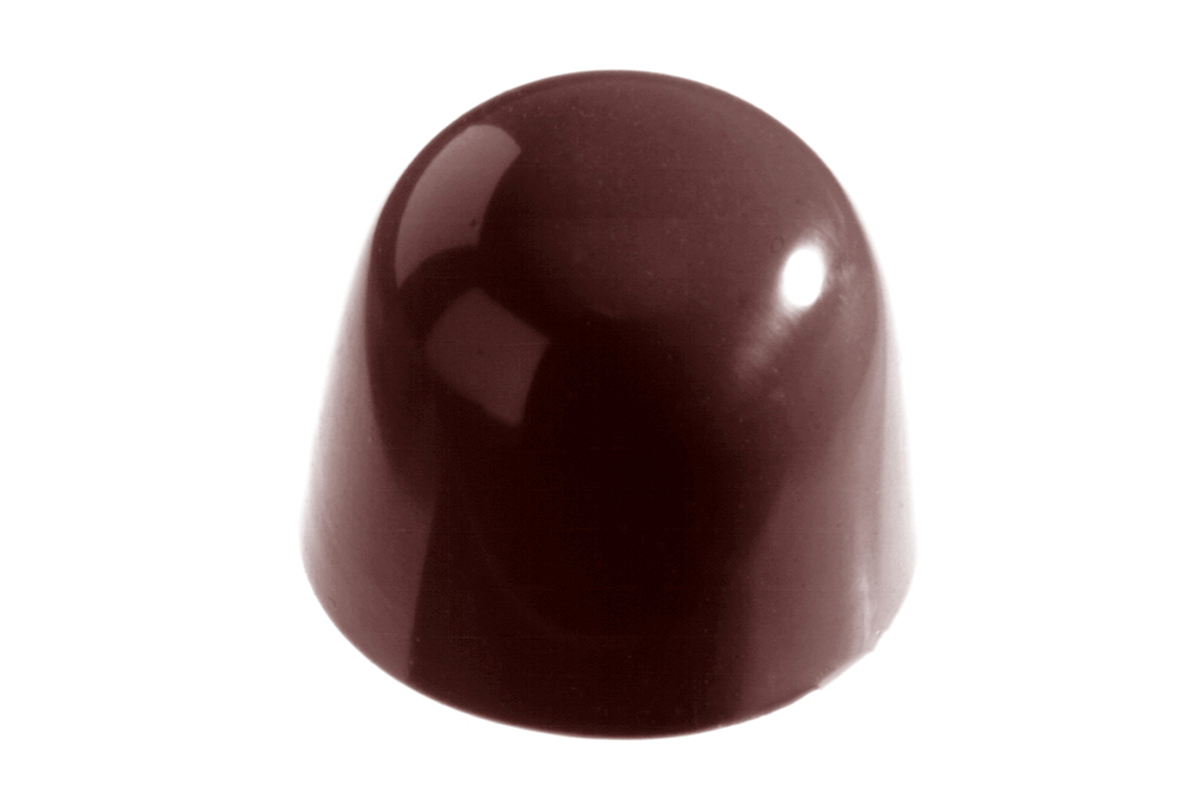When you delve into the world of moulds UK, you uncover a vast array of possibilities that impact both industry and daily life. From precision engineering to creative design, moulds play a critical role in shaping the products we use every day. Understanding the intricacies of this field is essential for anyone interested in manufacturing, prototyping, or product development.
The UK's mould industry is a cornerstone of its manufacturing sector, contributing significantly to economic growth and innovation. This article will provide an in-depth exploration of the world of moulds in the UK, covering everything from the basics to advanced techniques and applications.
Whether you're a business owner, engineer, or simply curious about the manufacturing process, this comprehensive guide will equip you with the knowledge to appreciate the significance of moulds in shaping the modern world.
Read also:Mimiiyous Leaked A Comprehensive Analysis And Insights
Table of Contents
- Introduction to Moulds UK
- Types of Moulds Used in the UK
- Mould Manufacturing Process
- Applications of Moulds in Various Industries
- Materials Used in Mould Making
- Technological Advancements in Moulds UK
- Sustainability in the Mould Industry
- Challenges Faced in the Mould Industry
- Future Trends in the World of Moulds UK
- Conclusion
Introduction to Moulds UK
The world of moulds UK is a dynamic field that intersects with various industries, from automotive to healthcare. Moulds are essentially tools used to shape materials into desired forms. In the UK, the mould industry has evolved significantly over the years, adapting to technological advancements and market demands.
Moulds are not just essential for manufacturing; they also influence product design, functionality, and cost-effectiveness. Understanding the basics of moulds and their applications can provide valuable insights into how products are conceptualized and brought to life.
Importance of Moulds in Manufacturing
In the manufacturing process, moulds serve as the foundation for creating consistent and high-quality products. They enable mass production, reduce material waste, and enhance product durability. The UK's focus on precision engineering has positioned it as a leader in mould technology, attracting global attention.
Types of Moulds Used in the UK
The world of moulds UK encompasses a wide range of types, each tailored to specific applications. Below are some of the most common types of moulds used in the UK:
- Injection Moulds: Used primarily in plastic manufacturing, injection moulds allow for the production of complex shapes with high precision.
- Die Casting Moulds: Ideal for metalworking, these moulds enable the creation of intricate metal parts with minimal waste.
- Rotational Moulds: Commonly used for hollow items like tanks and containers, rotational moulds provide uniform thickness and durability.
Specialized Moulds in the UK
Beyond the standard types, the UK also specializes in niche moulds such as silicone moulds, blow moulds, and extrusion moulds. These specialized moulds cater to unique industry requirements, ensuring versatility and innovation in product development.
Mould Manufacturing Process
The process of manufacturing moulds in the UK involves several stages, each critical to the final product's quality and functionality. From design to prototyping, the journey of a mould is intricate and highly technical.
Read also:Mark J Glancey The Visionary Musician And His Remarkable Journey
Step-by-Step Guide to Mould Manufacturing
- Design Phase: Using CAD software, engineers create detailed designs that consider the product's specifications and material properties.
- Material Selection: Choosing the right material is crucial for durability and performance. Common materials include steel, aluminum, and specialized alloys.
- Prototyping: Before mass production, a prototype is created to test the mould's functionality and make necessary adjustments.
Applications of Moulds in Various Industries
Moulds are integral to numerous industries in the UK, driving innovation and efficiency. Below are some key sectors where moulds play a pivotal role:
- Automotive Industry: Moulds are used to produce car parts, from bumpers to engine components, ensuring precision and reliability.
- Medical Industry: In healthcare, moulds are utilized to create surgical instruments, prosthetics, and other medical devices.
- Consumer Goods: From household items to electronics, moulds enable the production of everyday products at scale.
Emerging Applications in the UK
As technology advances, new applications for moulds continue to emerge. The UK's focus on sustainability has led to innovations in eco-friendly moulding techniques, such as biodegradable materials and energy-efficient processes.
Materials Used in Mould Making
The choice of materials in mould making is a critical factor that affects the mould's performance and longevity. In the UK, engineers prioritize materials that offer strength, durability, and resistance to wear and tear.
Popular Materials in the World of Moulds UK
- Steel: Known for its hardness and resistance to high temperatures, steel is a preferred choice for heavy-duty applications.
- Aluminum: Lightweight and corrosion-resistant, aluminum is ideal for industries requiring faster production cycles.
- Tungsten Carbide: Used in high-precision applications, tungsten carbide offers exceptional hardness and wear resistance.
Technological Advancements in Moulds UK
Technology continues to reshape the world of moulds UK, driving efficiency and innovation. From automation to artificial intelligence, advancements in technology have revolutionized the mould-making process.
Key Technological Innovations
Incorporating advanced technologies such as 3D printing, CNC machining, and IoT has transformed the way moulds are designed and manufactured. These innovations not only improve accuracy but also reduce production time and costs.
Sustainability in the Mould Industry
As environmental concerns grow, the UK's mould industry is increasingly focused on sustainable practices. From using eco-friendly materials to implementing energy-efficient processes, sustainability is a top priority.
Initiatives for a Greener Future
Several initiatives are underway to promote sustainability in the world of moulds UK. These include recycling programs, renewable energy adoption, and the development of biodegradable materials.
Challenges Faced in the Mould Industry
Despite its advancements, the world of moulds UK faces several challenges that impact its growth and development. These challenges range from economic factors to technological limitations.
Addressing Industry Challenges
By investing in research and development, fostering collaboration between industries, and adopting innovative solutions, the UK's mould industry is working to overcome these challenges and ensure long-term success.
Future Trends in the World of Moulds UK
The future of the world of moulds UK looks promising, with emerging trends set to redefine the industry. From smart moulds equipped with sensors to the integration of AI in design processes, the possibilities are endless.
Predictions for the Next Decade
Experts predict that the next decade will see a surge in demand for customizable moulds, driven by advancements in digital technology and increasing consumer expectations.
Conclusion
The world of moulds UK is a fascinating and ever-evolving field that plays a vital role in shaping modern industries. By understanding the basics, applications, and future trends, individuals and businesses can harness the full potential of mould technology.
We invite you to share your thoughts and experiences in the comments below. Additionally, explore our other articles for more insights into manufacturing and innovation. Together, let's shape a brighter future for the world of moulds UK!


